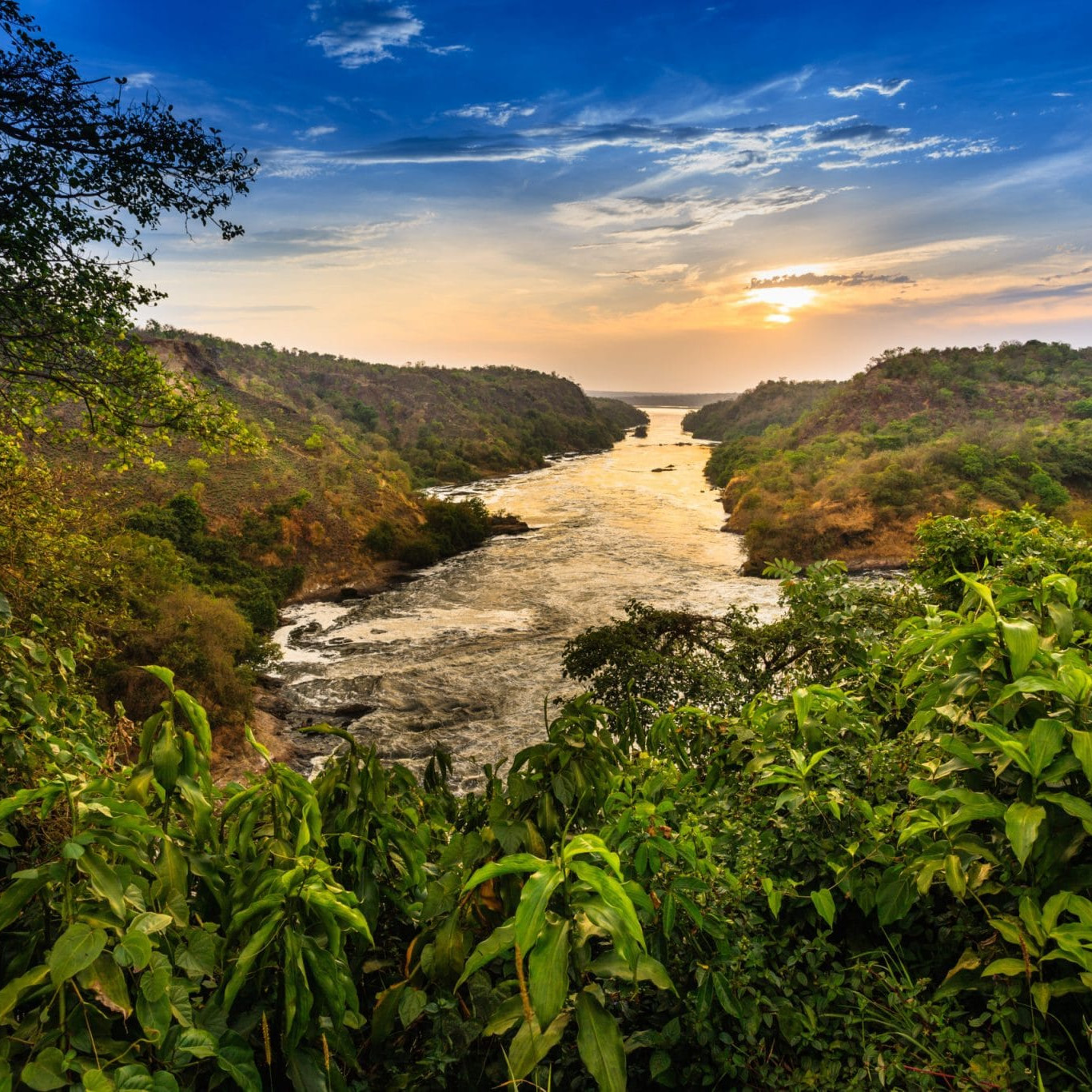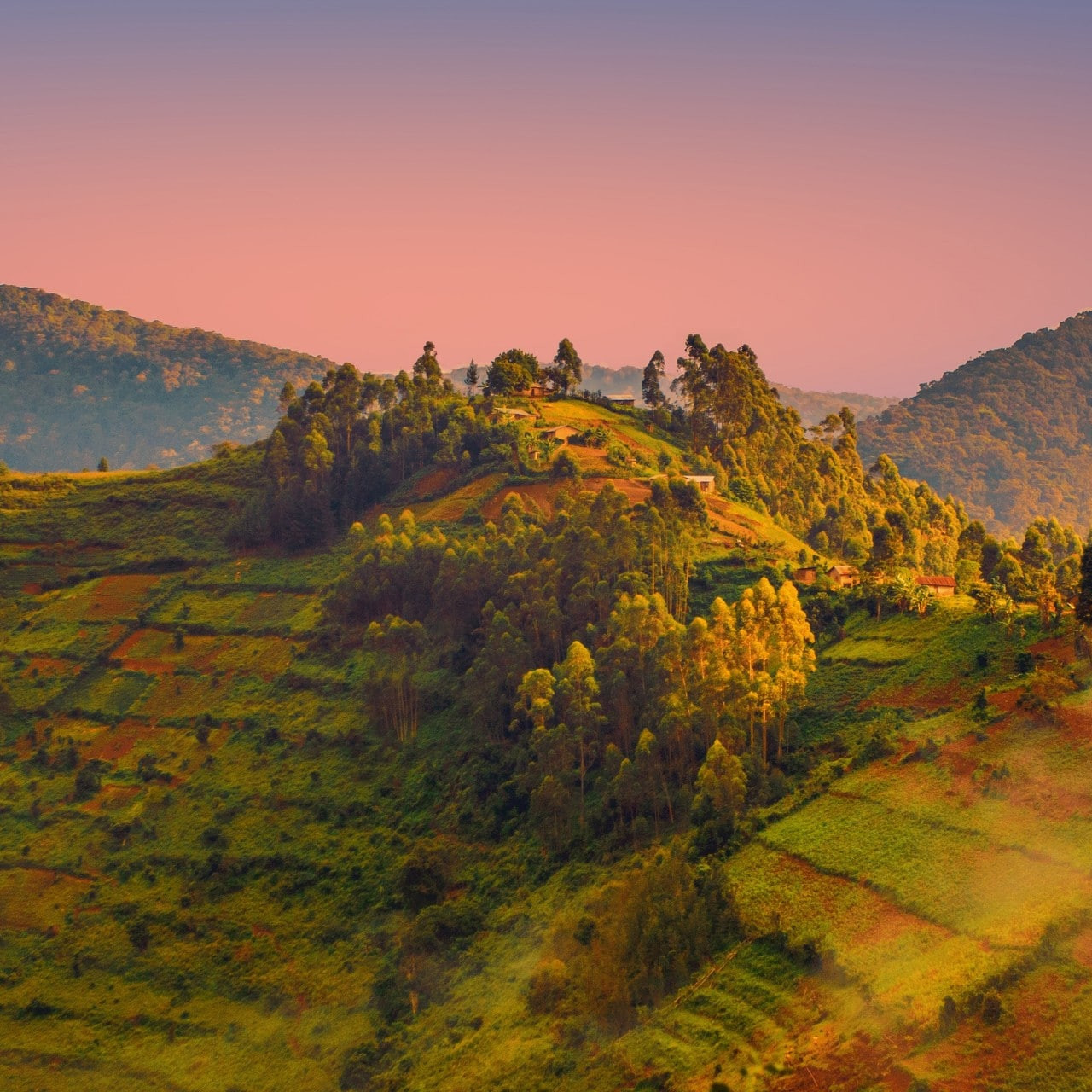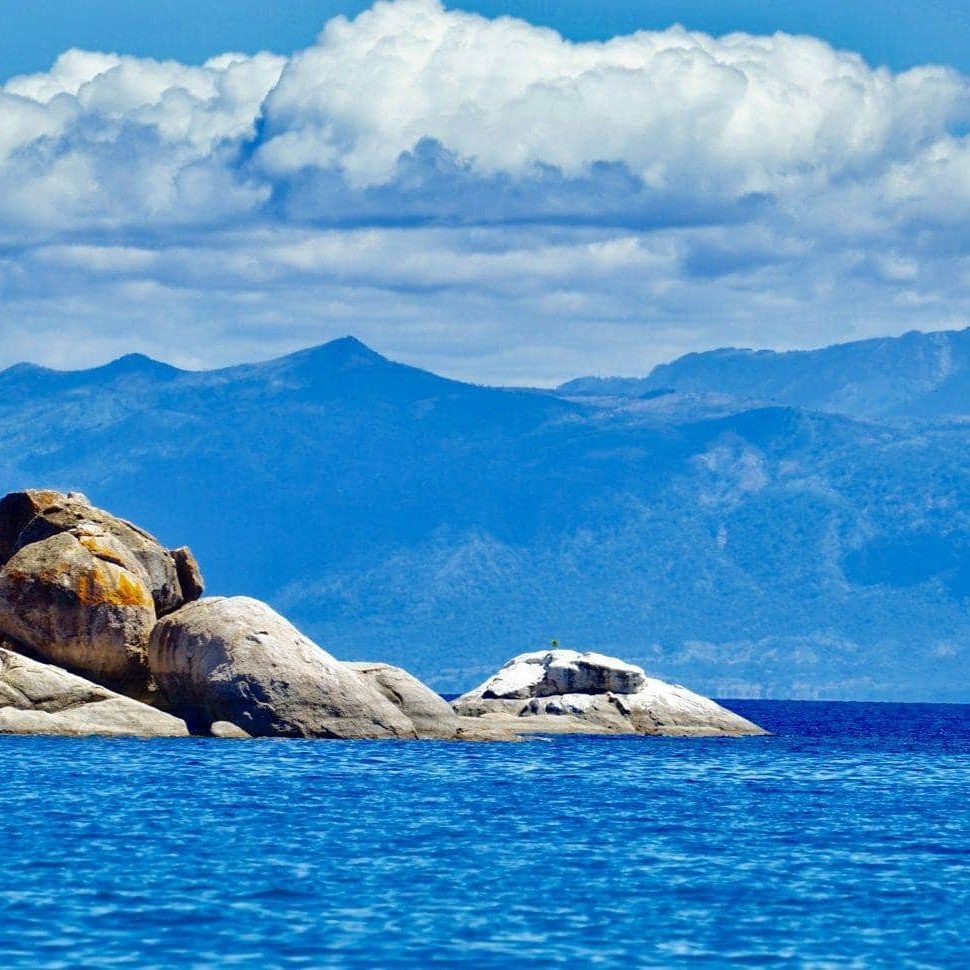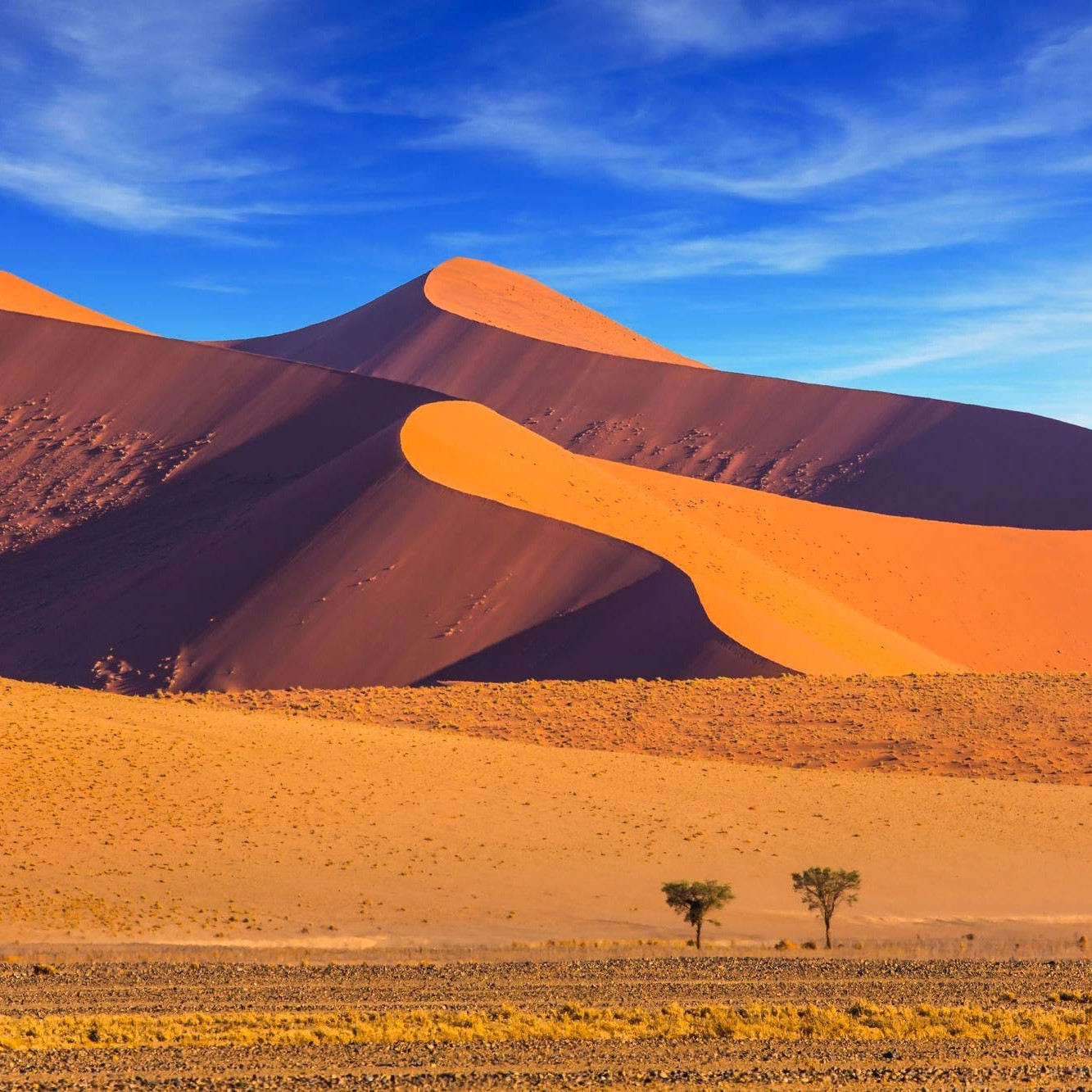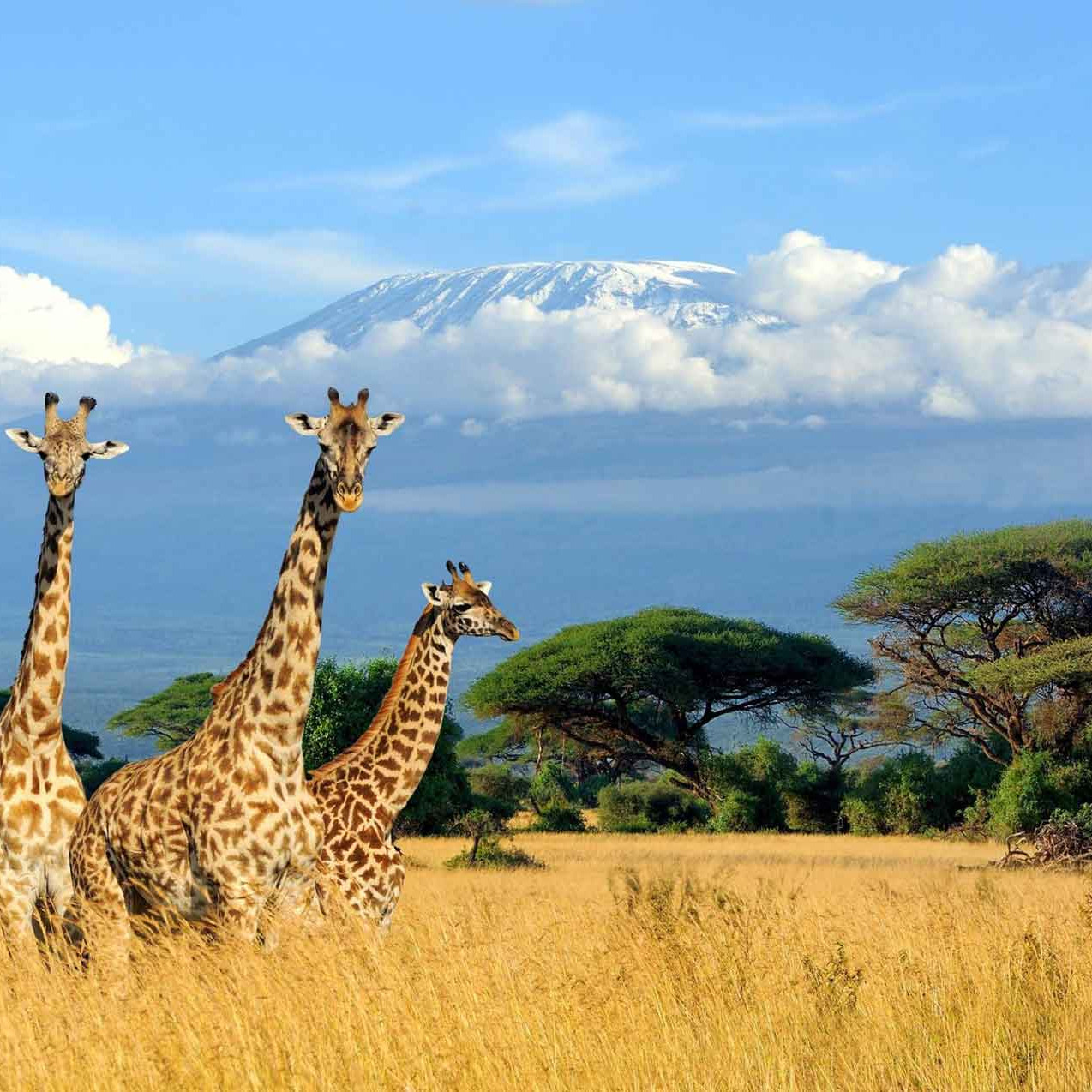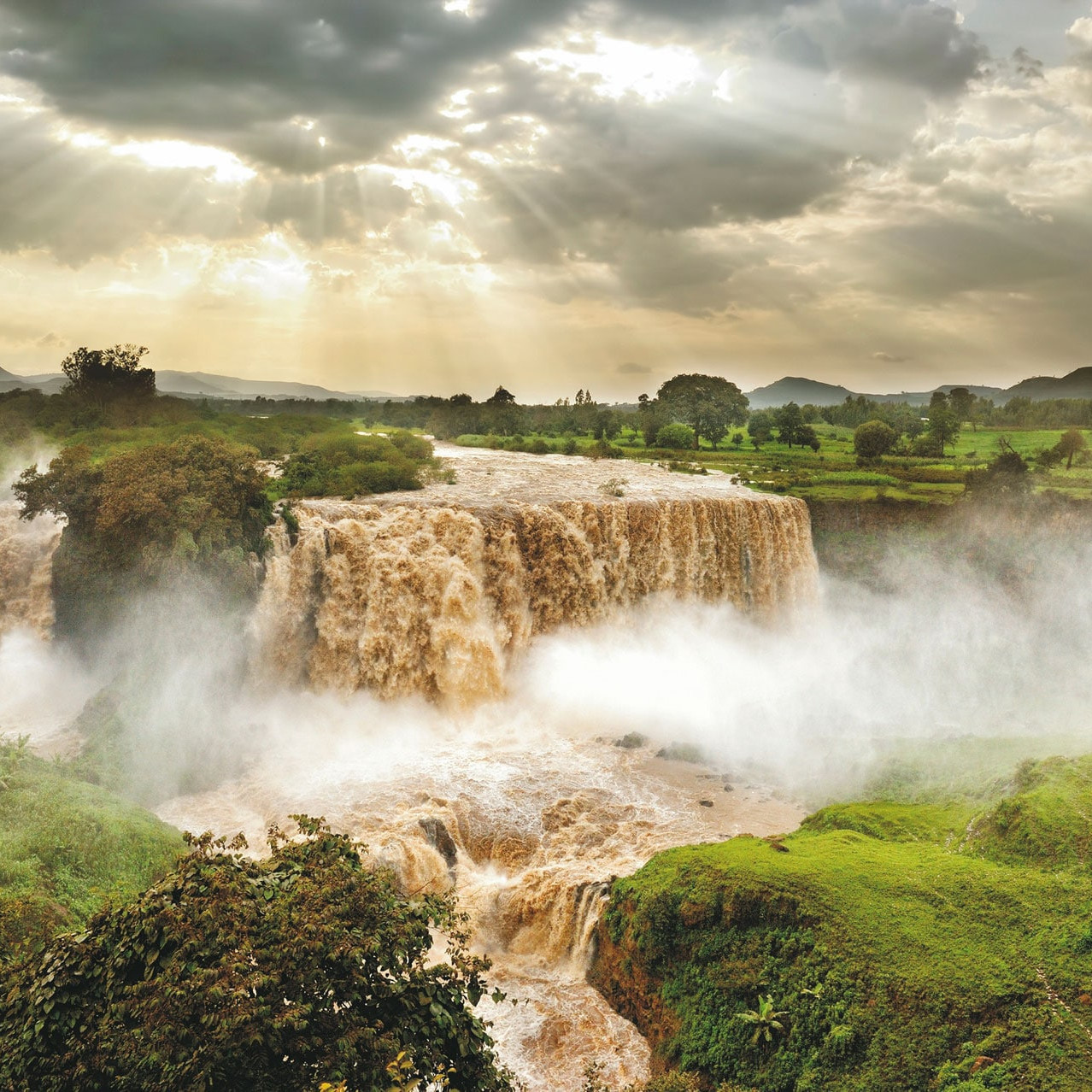Located in the horn of Africa, Djibouti is the third smallest country in continental Africa. Despite its small size, it has a rich cultural heritage and diverse landscape, including volcanic formations, desert landscapes, and some of the world’s saltiest bodies of water. While Djibouti is still relatively unknown as a tourist destination, it is gradually gaining recognition for its unique attractions and welcoming people.
Why Visit
LANDSCAPES & VIEWS
Djibouti’s landscapes are a stunning mix of volcanic formations, deserts, mountains, and coastline. Visitors can explore the eerie landscape of Lac Assal, one of the saltiest bodies of water in the world, or hike in the Goda Mountains for sweeping views of the surrounding terrain. The country’s beautiful coastline along the Red Sea is also a highlight, offering the chance to see a variety of marine life and enjoy some of the world’s best diving and snorkeling.
WILDLIFE
Almost every country in Africa offers an exotic array of wildlife, and Djibouti is not the exception. The country is home to some pretty interesting endemic and endangered species like the francolin and the red river hog. It is also home to warthogs, antelopes, gazelles, hyenas, leopards, camels, donkeys, vervet monkeys and raptors.
CULTURAL DIVERSITY
Thanks to its strategic geographic location and a crossroad of trade and commerce, Djibouti is a melting pot of cultures, with different customs, languages, religions and cuisines. The country is home to three ethnic groups: Somali, Afar and Arabs, which have been living together in peace since the 12th century.
ARCHITECTURE
Djibouti is a former French colony, and it still has well preserved remains of this period, with some of the best sightseeing spots in Africa. Thanks to its diverse background, the country also boosts interesting religious site to admire, like the Hamoudi Mosque (built in 1906) and a variety of palaces.
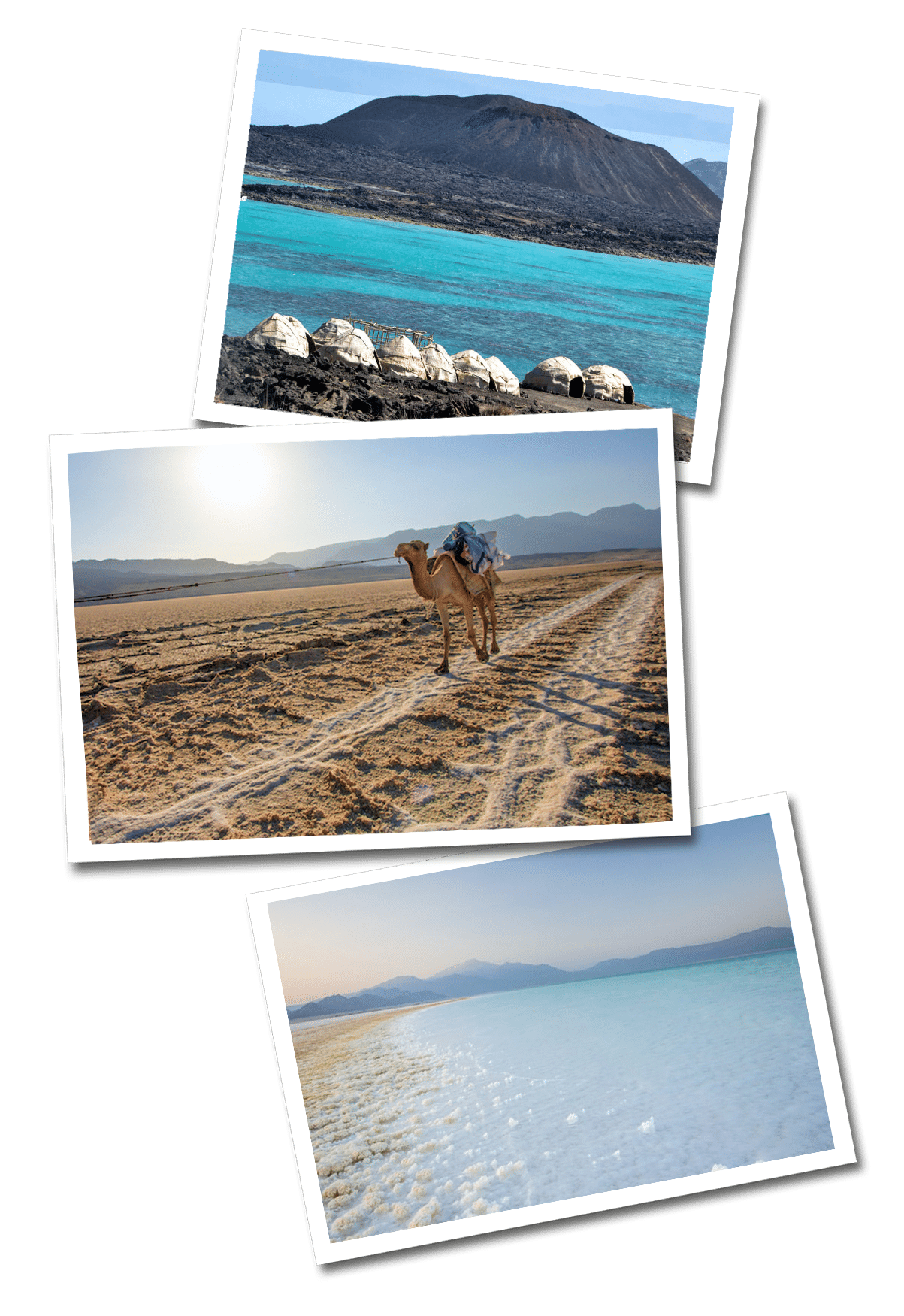
Located in the horn of Africa, Djibouti is the third smallest country in continental Africa. Despite its small size, it has a rich cultural heritage and diverse landscape, including volcanic formations, desert landscapes, and some of the world’s saltiest bodies of water. While Djibouti is still relatively unknown as a tourist destination, it is gradually gaining recognition for its unique attractions and welcoming people.

Why Visit
LANDSCAPES & VIEWS
Djibouti’s landscapes are a stunning mix of volcanic formations, deserts, mountains, and coastline. Visitors can explore the eerie landscape of Lac Assal, one of the saltiest bodies of water in the world, or hike in the Goda Mountains for sweeping views of the surrounding terrain. The country’s beautiful coastline along the Red Sea is also a highlight, offering the chance to see a variety of marine life and enjoy some of the world’s best diving and snorkeling.
WILDLIFE
Almost every country in Africa offers an exotic array of wildlife, and Djibouti is not the exception. The country is home to some pretty interesting endemic and endangered species like the francolin and the red river hog. It is also home to warthogs, antelopes, gazelles, hyenas, leopards, camels, donkeys, vervet monkeys and raptors.
CULTURAL DIVERSITY
Thanks to its strategic geographic location and a crossroad of trade and commerce, Djibouti is a melting pot of cultures, with different customs, languages, religions and cuisines. The country is home to three ethnic groups: Somali, Afar and Arabs, which have been living together in peace since the 12th century.
ARCHITECTURE
Djibouti is a former French colony, and it still has well preserved remains of this period, with some of the best sightseeing spots in Africa. Thanks to its diverse background, the country also boosts interesting religious site to admire, like the Hamoudi Mosque (built in 1906) and a variety of palaces.
- Name: Republic of Djibouti
- Capital: Djibouti
- Official Languages: French, Arabic
- Currency: Djiboutian franc
- Time Zone: UTC+3
- Name: Republic of Djibouti
- Capital: Djibouti
- Official Languages: French, Arabic
- Currency: Djiboutian franc
- Time Zone: UTC+3
Bucket list
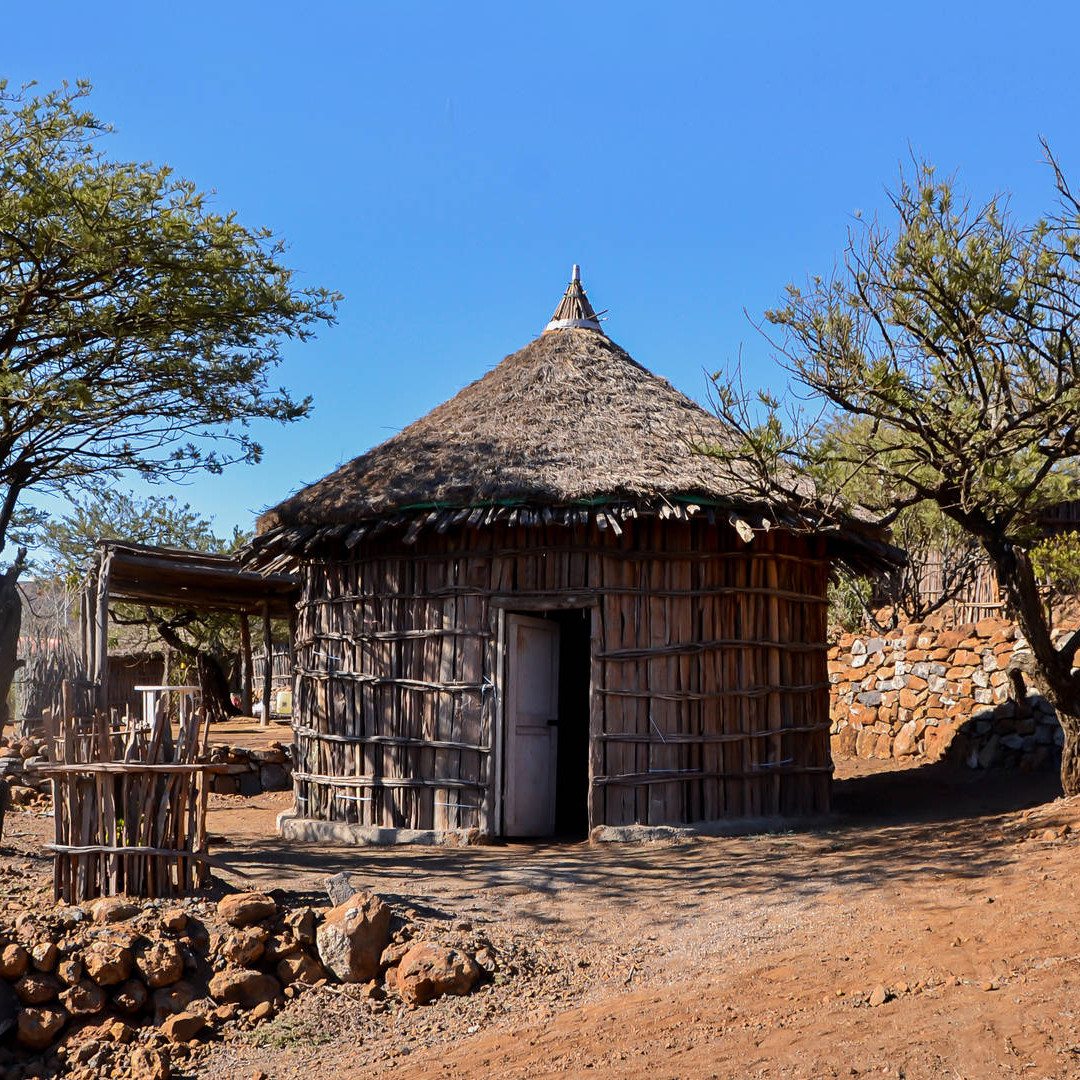
Explore the Day Forest National Park
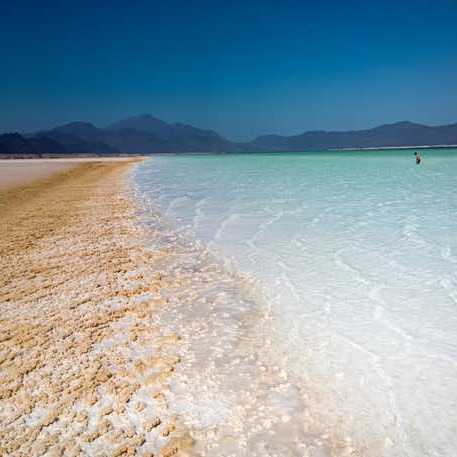
Visit Lake Assal
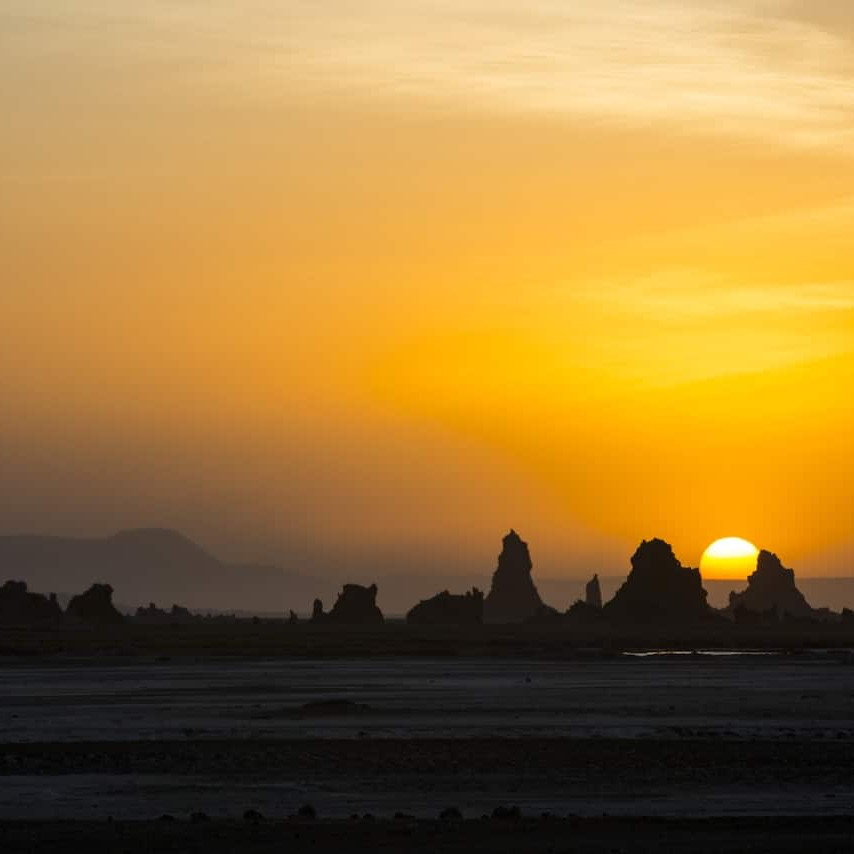
Watch the sunset with the famous chimneys and hot springs in Lake Abbe
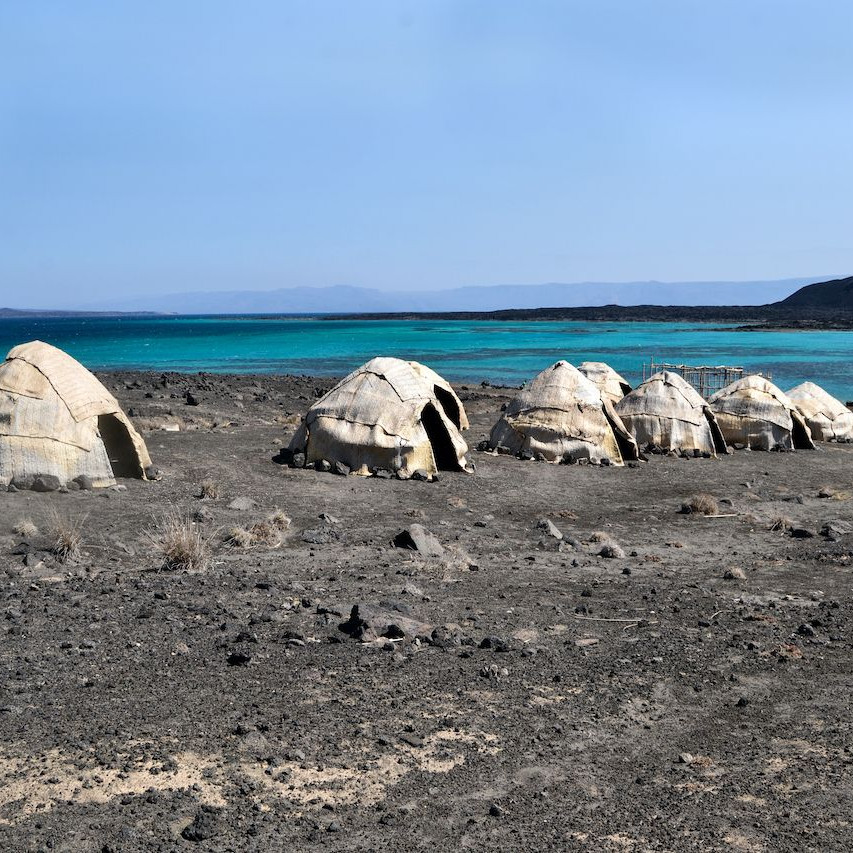
Snorkel with whale sharks in Ghoubbet-el-Kharab
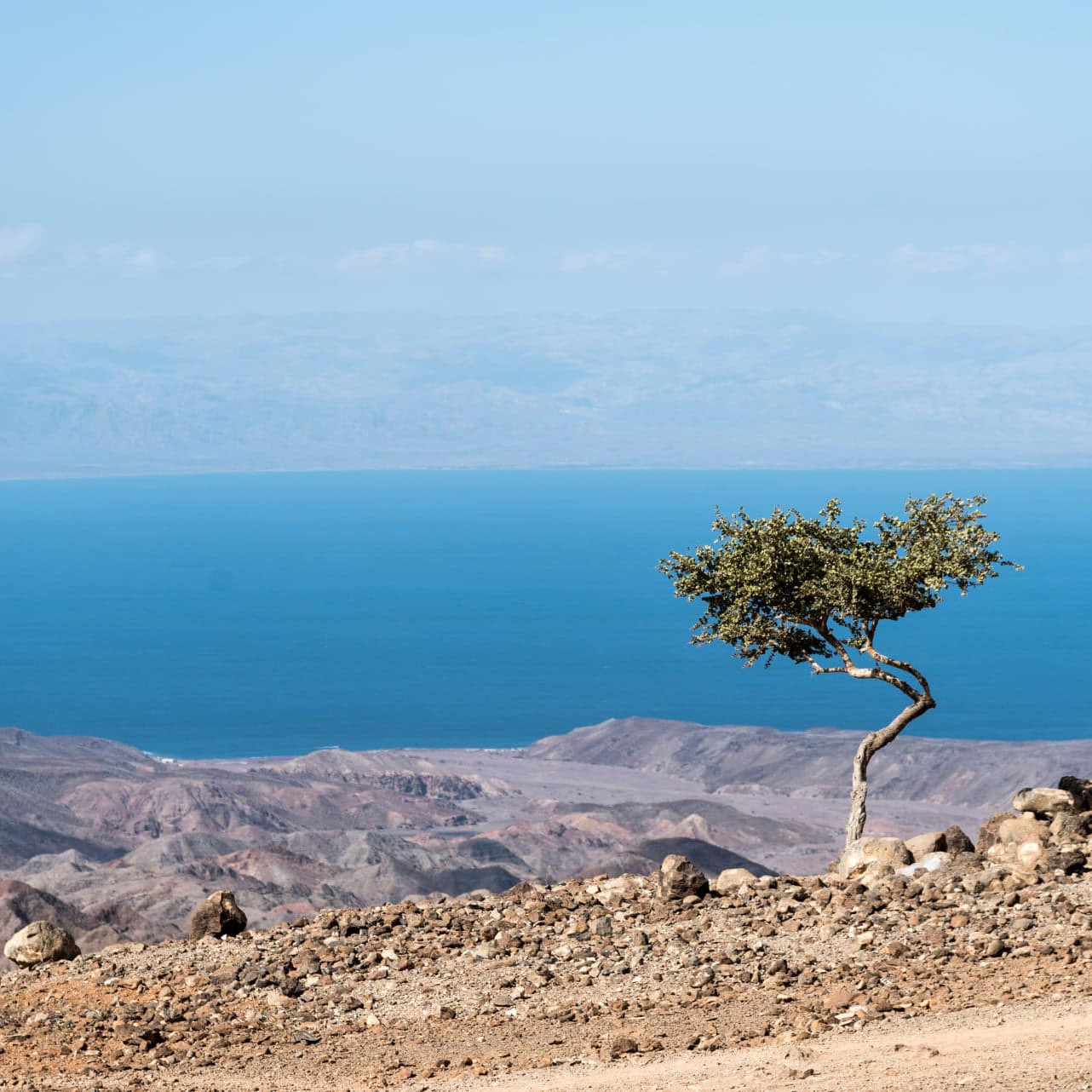
Wander around Tadjoura
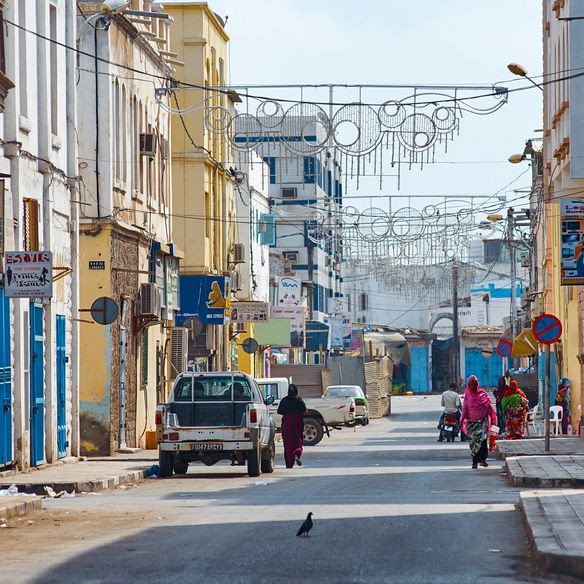
Explore Djibouti City
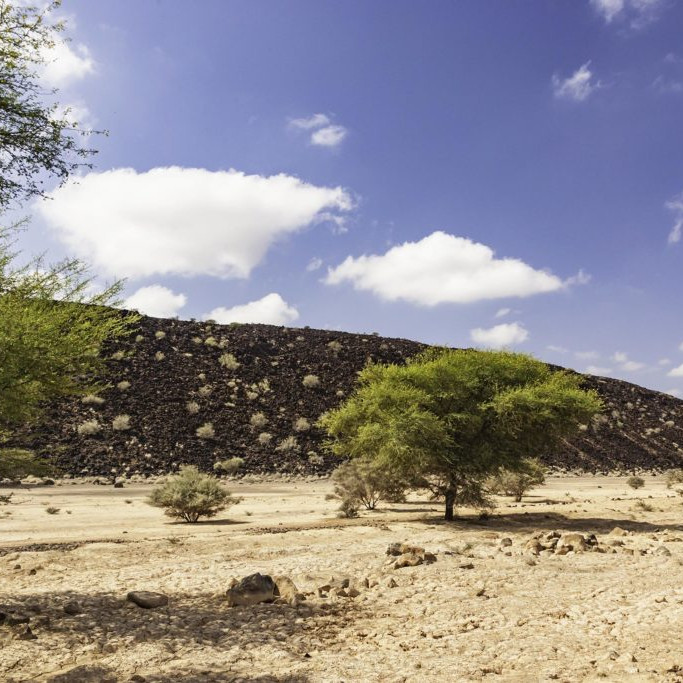
Visit the Dry volcanic Valley in Grand Bara Desert
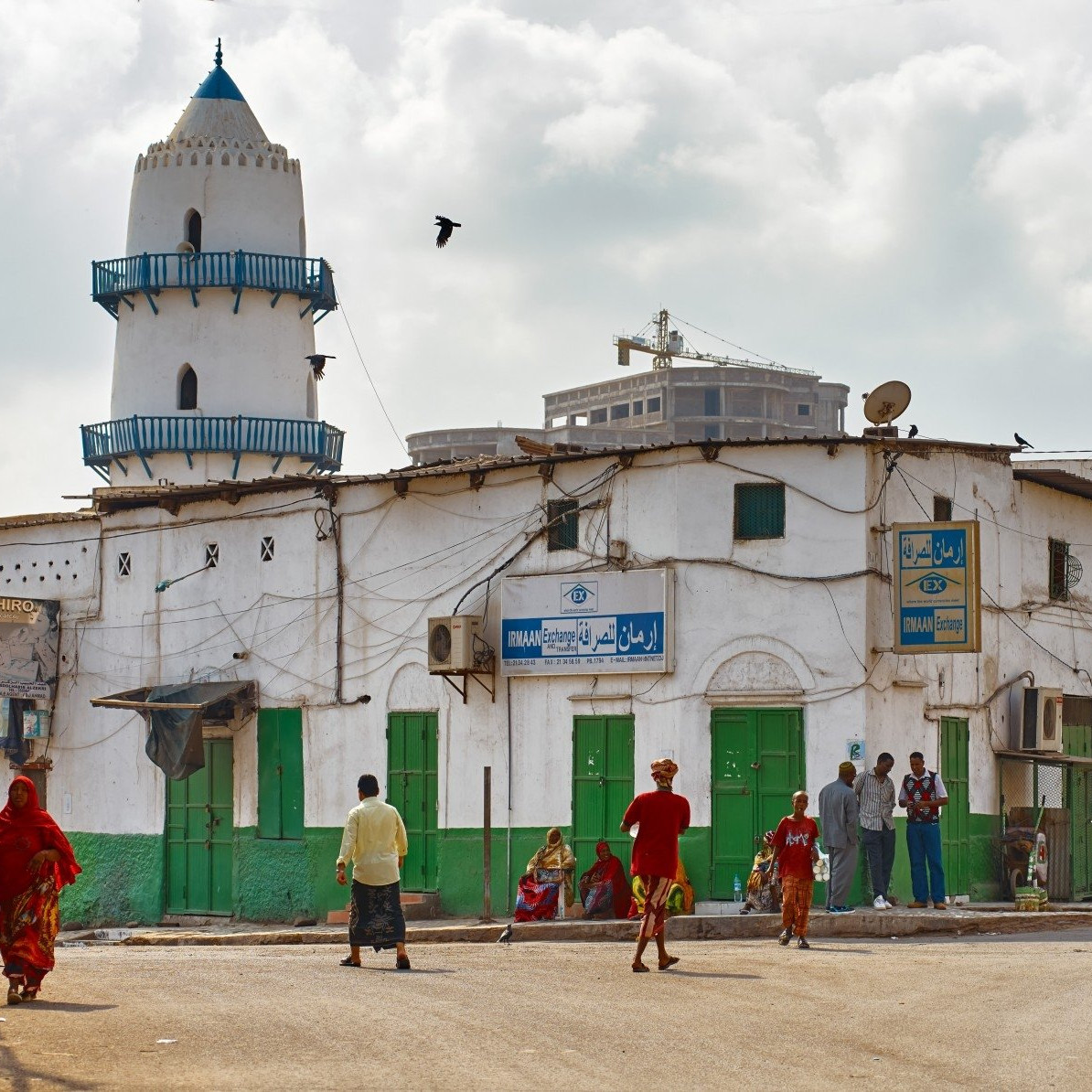
Go to the Hamoudi Mosque
What to expect
LANGUAGE
Afar, Arabic, Somali and French are the spoken languages in Djibouti. Somali and Afar are the most widely spoken, and Arabic and French serve as the official languages. Although many in the country understand English, Arabic and French phrases will also be useful in Djibouti.
ELECTRICITY
In Djibouti the standard voltage is 220 V and the frequency is 50 Hz. That’s the standard voltage (220-240V) in the UK, Europe, Australia and most of Asia and Africa; If you are traveling from the US you will need an adaptor. Nearly 60% of the population in urban areas has access to electricity.
CURRENCY
The Djiboutian franc is the currency in Djibouti. It is recommended to exchange your money (Dollars or Euros preferably) at the airport or the capital, as they aren’t many other authorized exchange centres, banks or ATM’s outside Djibouti City. Credit cards would only be accepted at high-end hotels, shops and restaurant, but rarely anywhere else, therefore cash is recommended. 1 USD equals 177 francs (as of 2023)
CLIMATE
Djibouti is very hot and arid, with temperatures averaging around 30-40°C (86-104°F) throughout the year.
SAFETY
Djibouti is one of the safest destinations in Africa. Crime rates are very low, thanks to the military presence in the country. Occasional petty crime occurs in Djibouti City. As with any travel destination, it’s important to take precautions and stay informed about the local situation.
How to get around
Getting around in Djibouti can be challenging due to the country’s limited public transportation options. Taxis are available in larger cities like Djibouti Ville and can be hailed on the street or arranged through your hotel. Rental cars are also available, although driving in Djibouti can be difficult due to the country’s rough terrain and lack of well-maintained roads. Many visitors opt to join a guided tour or hire a private driver to explore the country’s highlights, such as the beautiful Lac Assal or the Goda Mountains. Domestic flights are also available, connecting Djibouti Ville with other major cities in the country.
Visa Policy
Citizens of Singapore and Kenya can visit Djibouti without a visa.
Citizens of all other countries are required to apply for a eVisa in advance. Visitors can apply for a transit visa valid for 3 days or a single entry visit visa valid for 31 days. eVisas are issued only for tourism or commerce purposes. Holders of eVisas can only enter Djibouti through Ambouli International Airport.
SUBSCRIBE!
Are you a globetrotter? Join our platform and get exclusive travel tips, getaways and more!
Uganda
Travel Uganda, a very hospitable destination, with its friendly locals and sunny days all year round. It is also filled with incredible...
Rwanda
Travel Rwanda, known as the "land of thousand hills". The country is filled with natural wonders, an exciting destination for adventure seekers and those...
Malawi
Travel Malawi, a paradise for those looking for beautiful landscapes without the crowd. The country offers natural diversity for animal..
Namibia
Travel to Namibia, a beautiful and diverse country known for its stunning natural landscapes and wildlife-rich national parks...
Kenya
Travel Kenya, from exotic wildlife, being one of the prefered safari destinations in Africa and featuring animal migrations, to pristine..
Uganda
Travel Uganda, a very hospitable destination, with its friendly locals and sunny days all year…
Rwanda
Travel Rwanda, known as the "land of thousand hills". The country is filled with natural wonders,…
Ethiopia
Travel Ethiopia and discover the birthplace of coffee. The country is home to a rich history and…


